The deep-rooted economic interdependence between China and the United States will continue to stand, offering a significant guarantee of peace and prosperity for both countries, a reputed U.S. scholar said on Monday.
"The interdependence between China and the U.S. is so substantial that it cannot be rolled back. The concept of decoupling is impossible," said John Quelch, executive vice-chancellor of Duke Kunshan University, a joint venture of Duke University in the U.S., Wuhan University in Hubei province and Kunshan, a city in Jiangsu province.
Quelch, who was professor of business administration at Harvard Business School for over three decades, said that while some economic activities between China and the U.S. can be redirected to third countries, the close economic relationship between the world's two biggest economies is too important to both countries to be scaled back.
Quelch, a fellow of the American Academy of Arts and Sciences, however, stressed the importance of China-U.S. ties.
"The vast majority of U.S. businesspeople and multinational corporations have a significant presence in China. Companies such as Starbucks, Boeing, Coca-Cola and Pfizer are deeply entrenched in the Chinese market."
Highlighting that their extensive commercial activities in China serve as a crucial foundation for maintaining a peaceful relationship between the two countries, he said there is a substantial level of mutual dependency in terms of exports and imports between the U.S. and China, which cannot be easily reversed. This mutual dependency will continue to serve as a key guarantee of peace and prosperity for both nations.
Despite some U.S. businesses expressing concerns over de-risking and tariff-driven rising operational costs in recent years, the Chinese market remains significant to U.S. companies. About half of these companies view it as among the top three global investment destinations, marking a 5-percentage point increase from the record low observed in 2022, according to survey results released by the American Chamber of Commerce in China in early February.
"China is a vital market for many U.S. businesses. It is also an important source of talent and innovation that helps U.S. companies boost their global competitiveness," said Sean Stein, chairman of AmCham China.
Eddy Chan, senior vice-president of FedEx Express and president of FedEx China, also said that China's enormous market, supportive policies to attract global capital, ongoing industrial upgrading and its status as an increasingly strong innovator make the country one of the most important markets for many U.S. companies.
Eager to enhance its growth strength in the country, the U.S. logistics service provider opened its new China headquarters in Shanghai in January.
For the 2028 class, Duke Kunshan University received undergraduate admission applications from 4,705 international students from 123 countries worldwide, setting a record with a 41 percent increase compared to 2023. However, fewer than 200 international students will be selected for enrollment, with classes beginning in August of this year.
With China encouraging more young people from the U.S. to come to the country for exchanges and study, about half of the applicants are from the U.S., while others come from countries such as Germany, the United Kingdom, Argentina, India and Nigeria, according to the university's admission office.
"It is crucial for Americans to gain a deeper understanding of China and Chinese culture. It is in the interests of the U.S., as well as in the interests of both countries," said Quelch.
The university currently has 1,713 students hailing from nearly 70 countries and regions across the world.








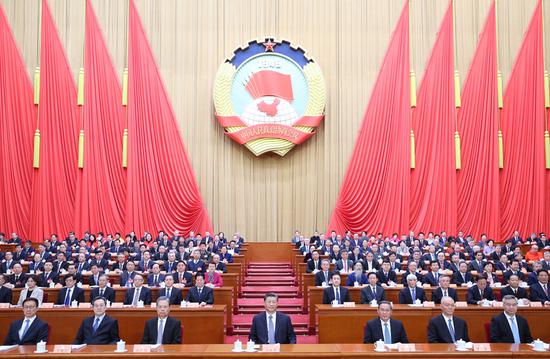
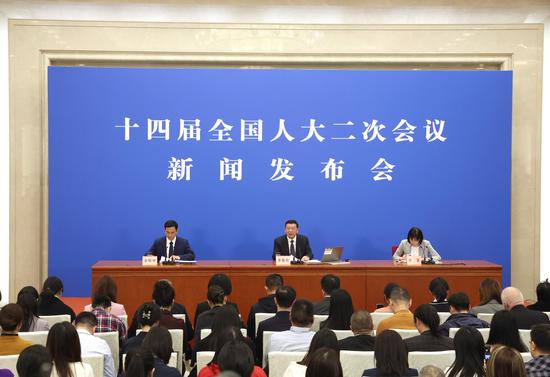
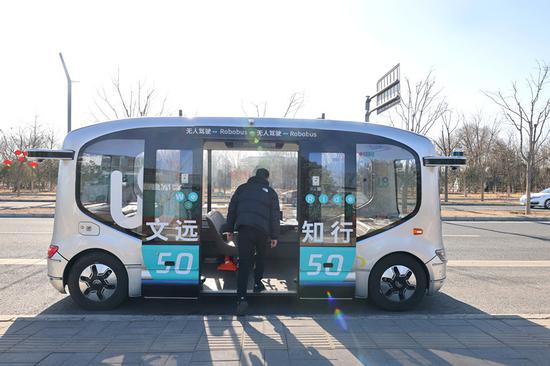



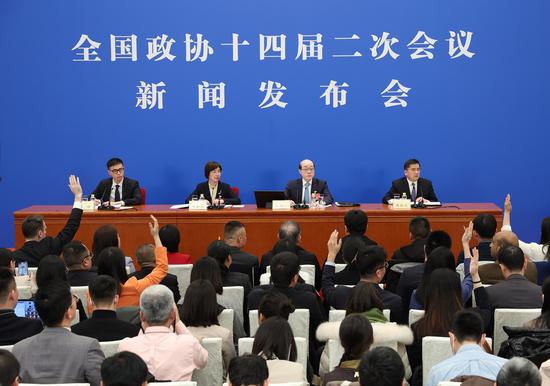


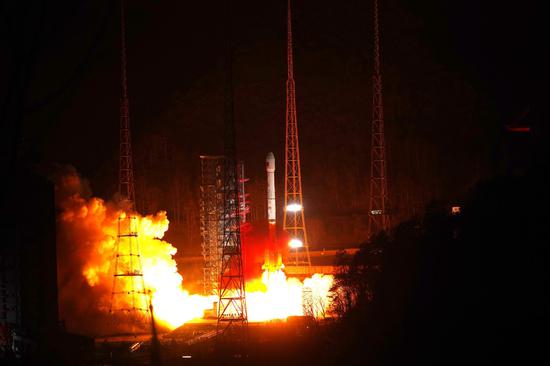









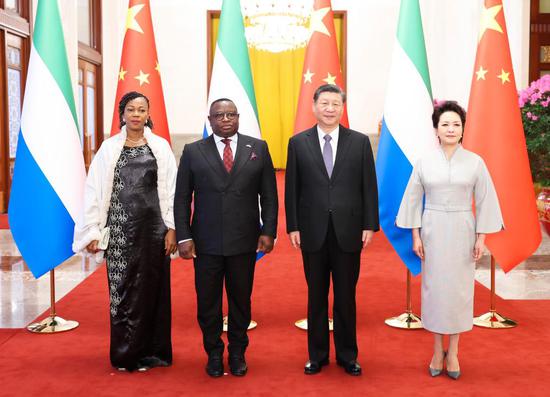

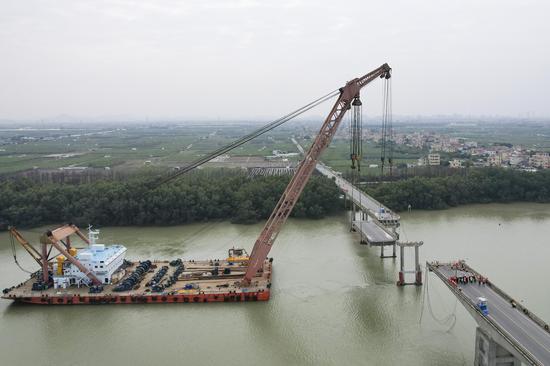
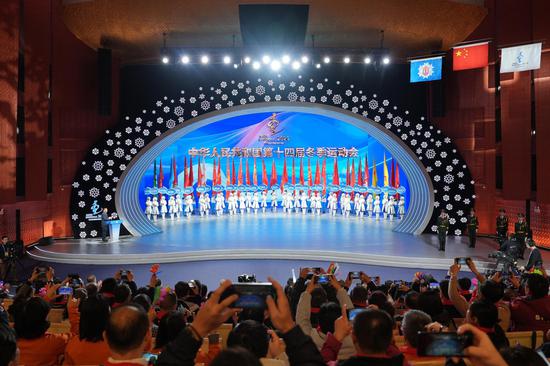


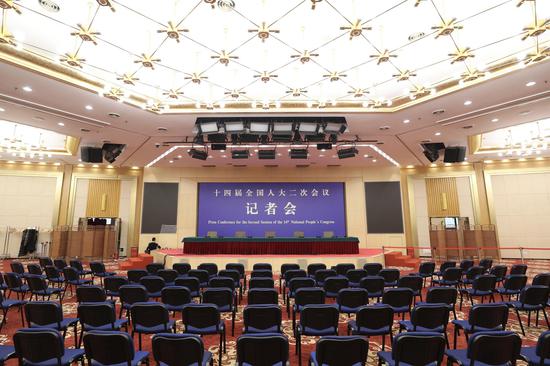
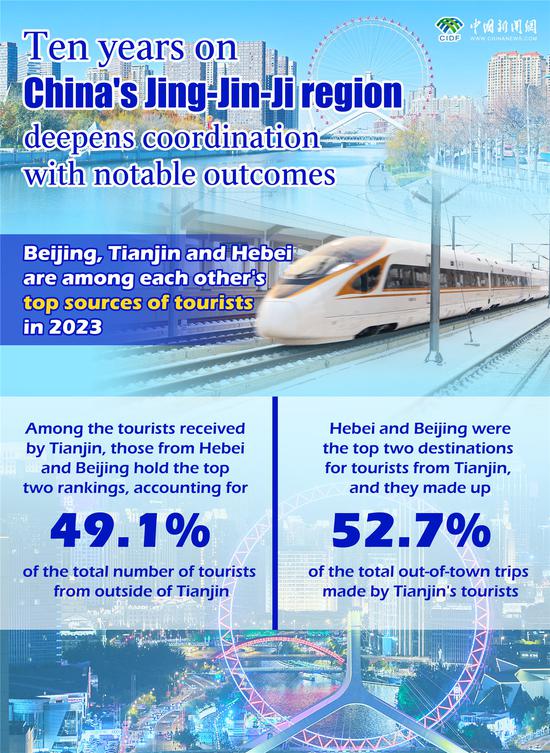
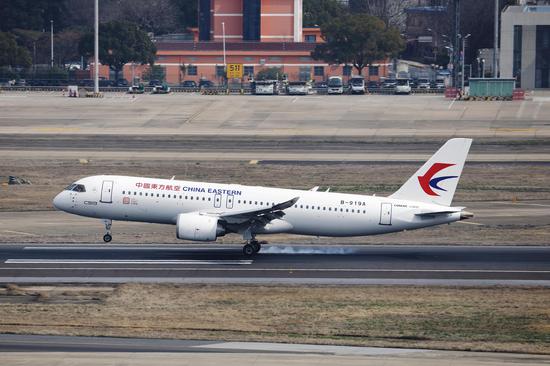



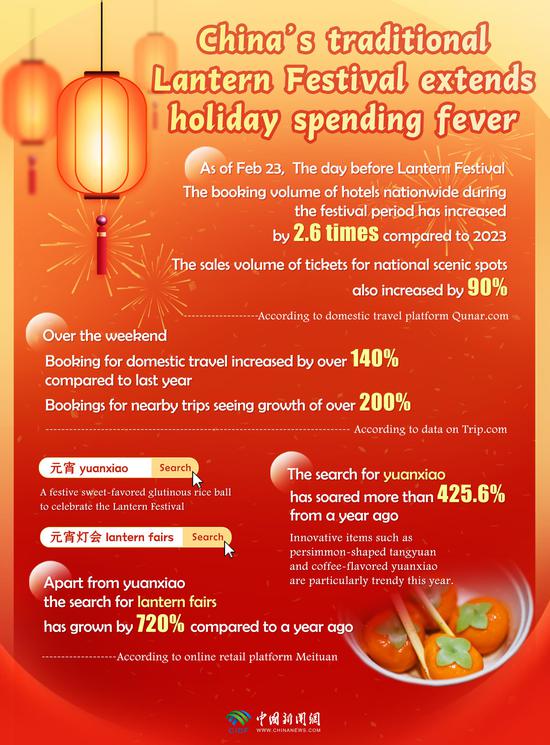
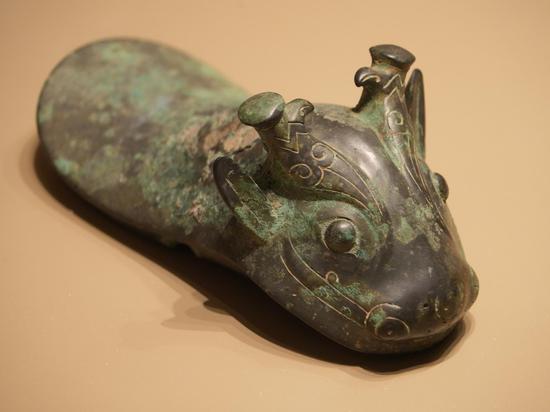
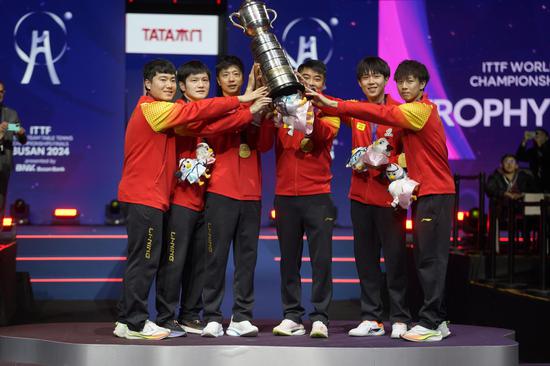








 京公网安备 11010202009201号
京公网安备 11010202009201号